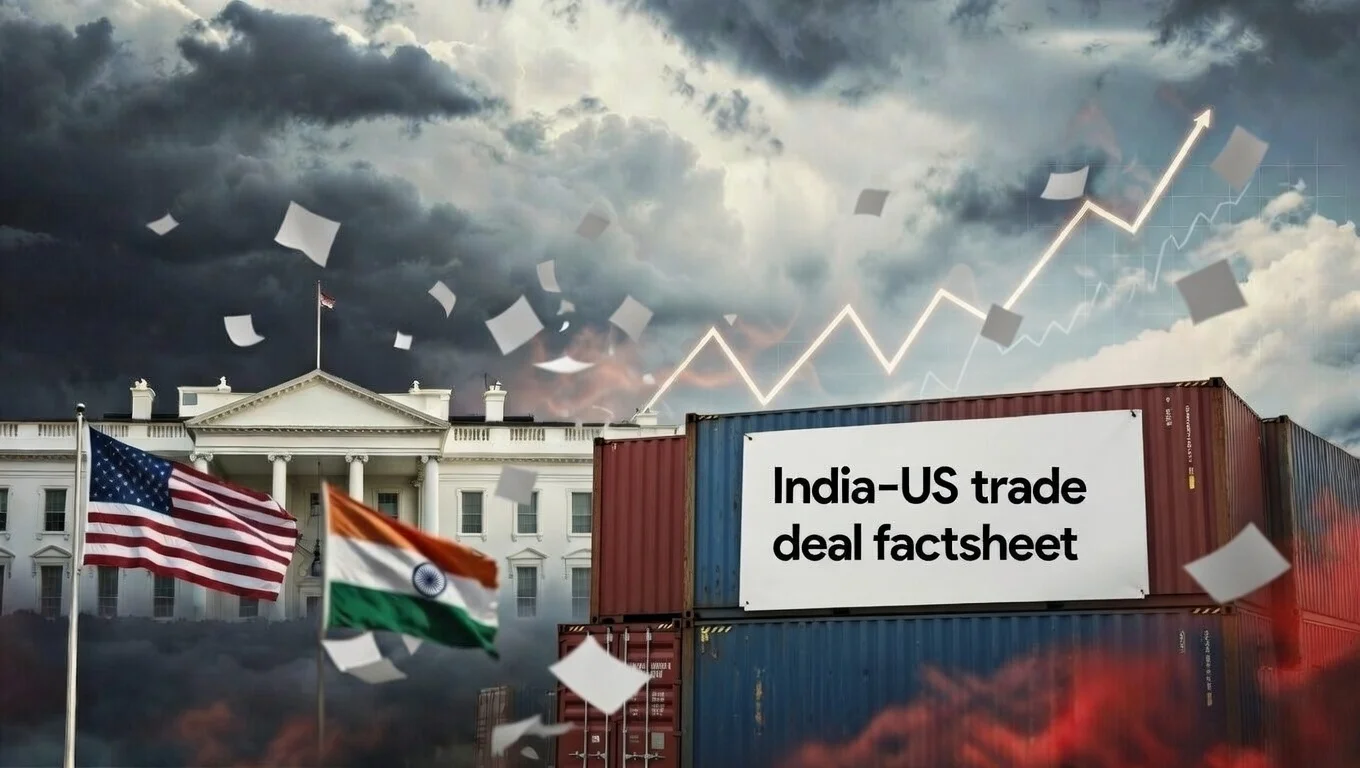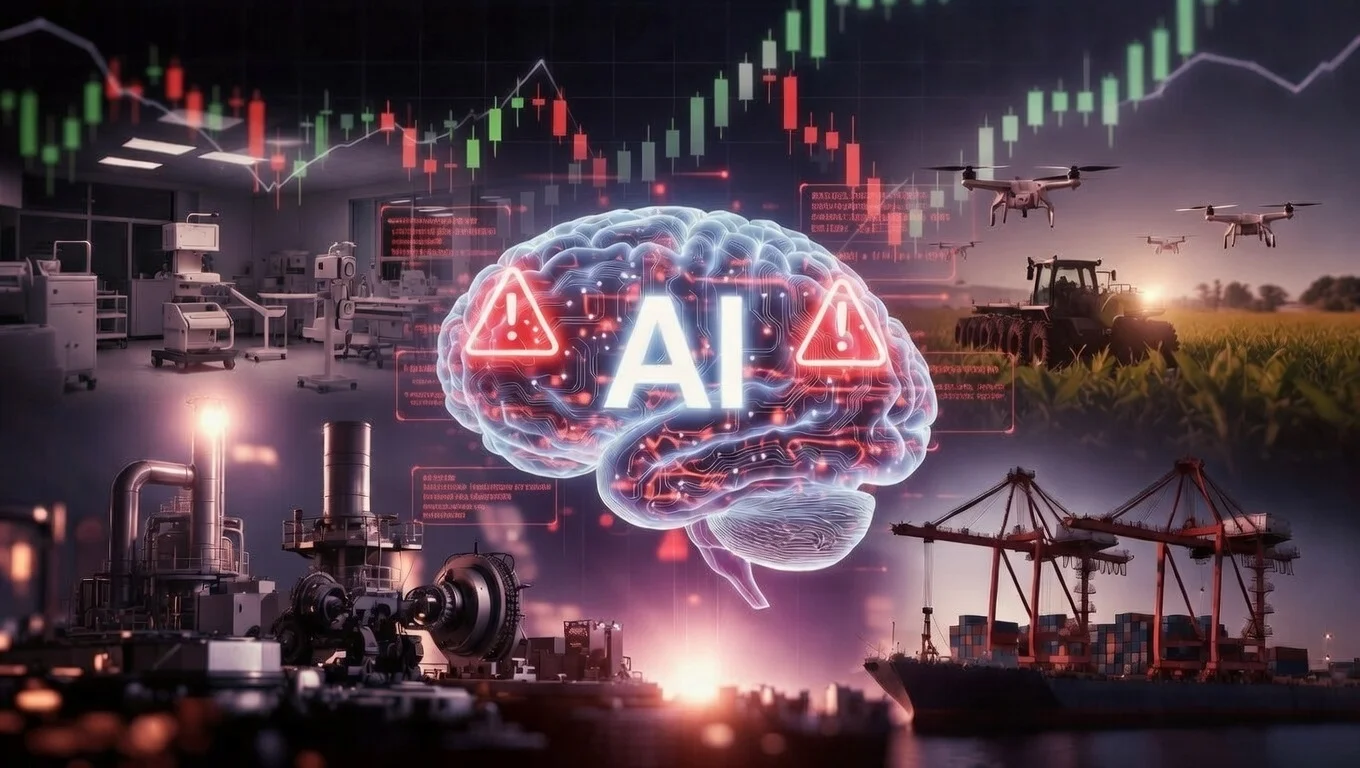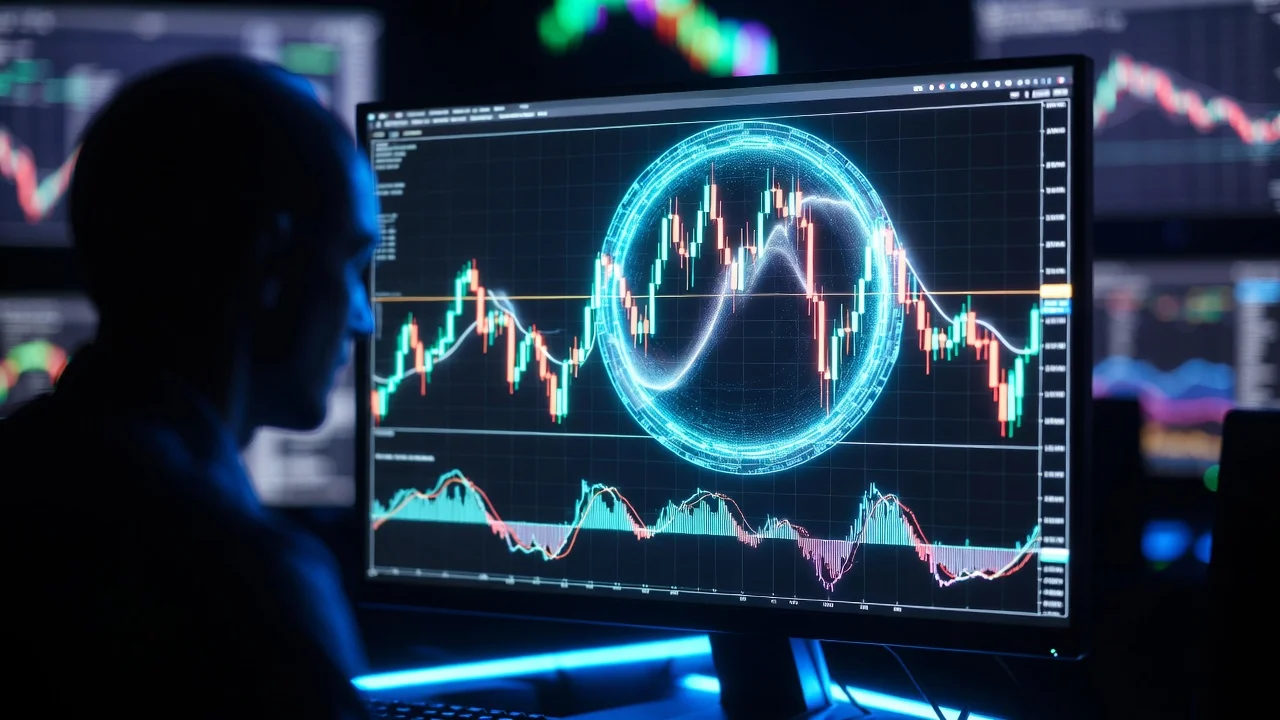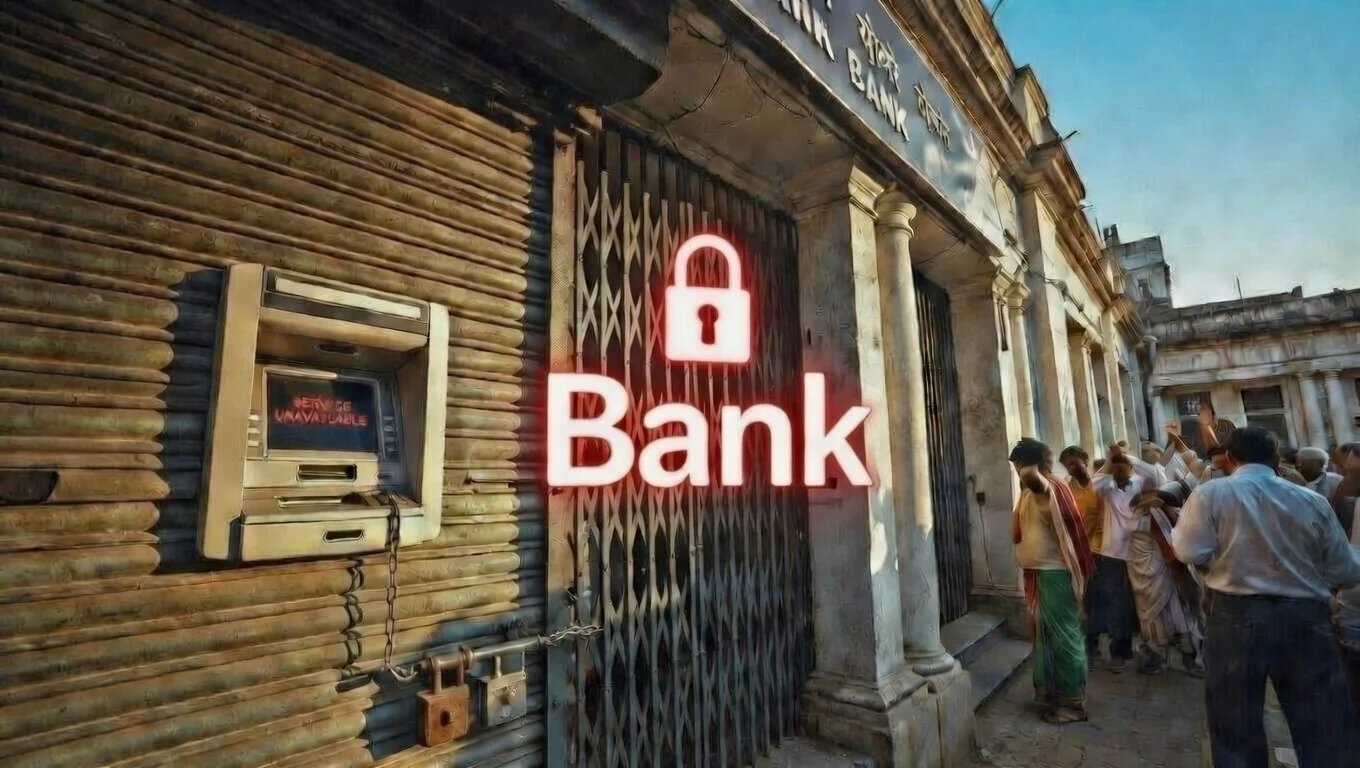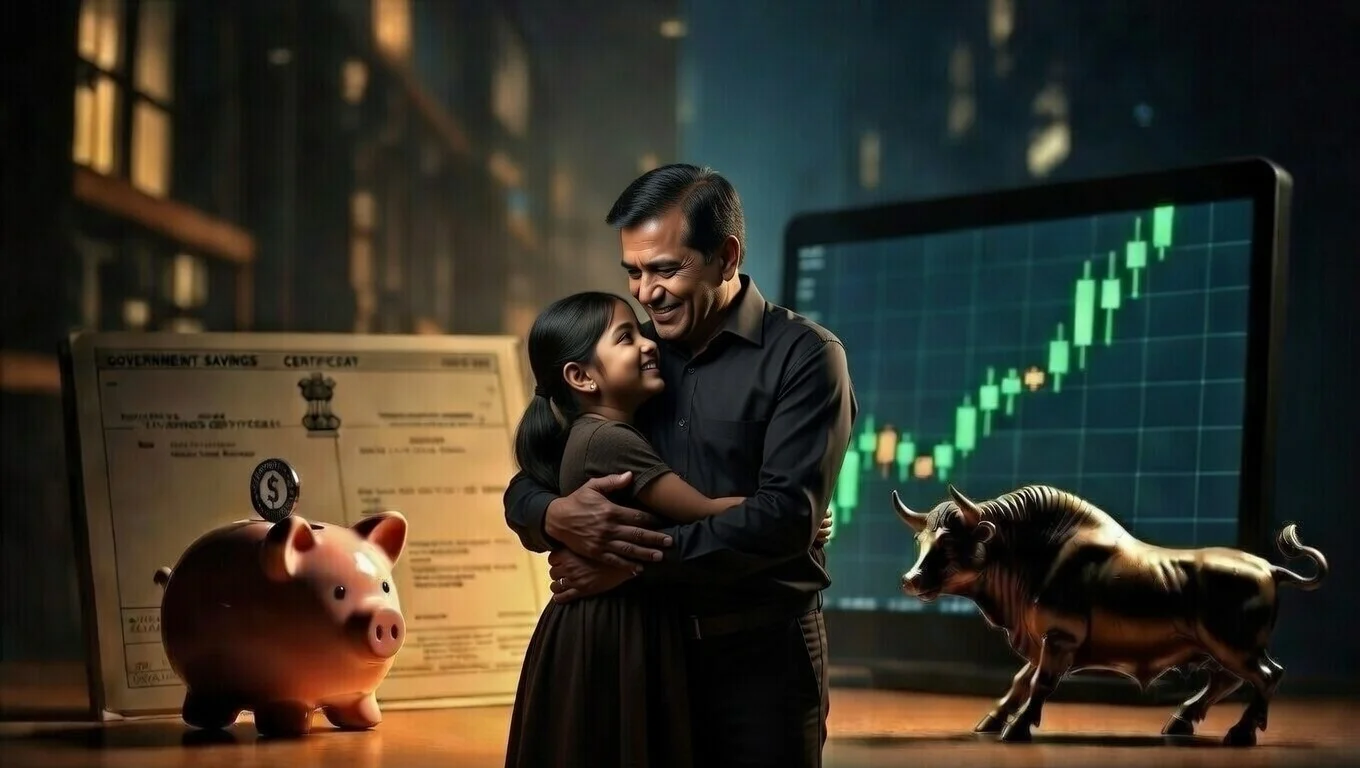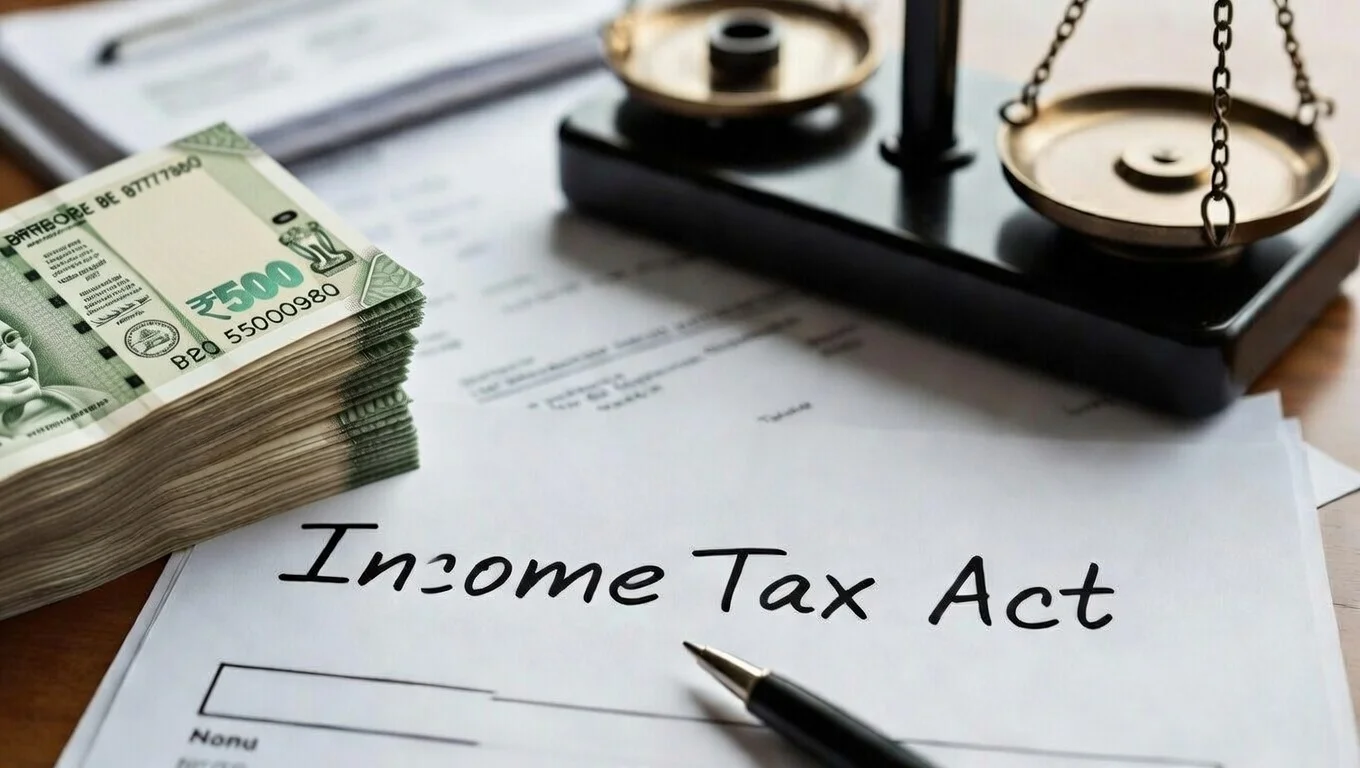Home >> Blog >> What is Money?
What is Money?
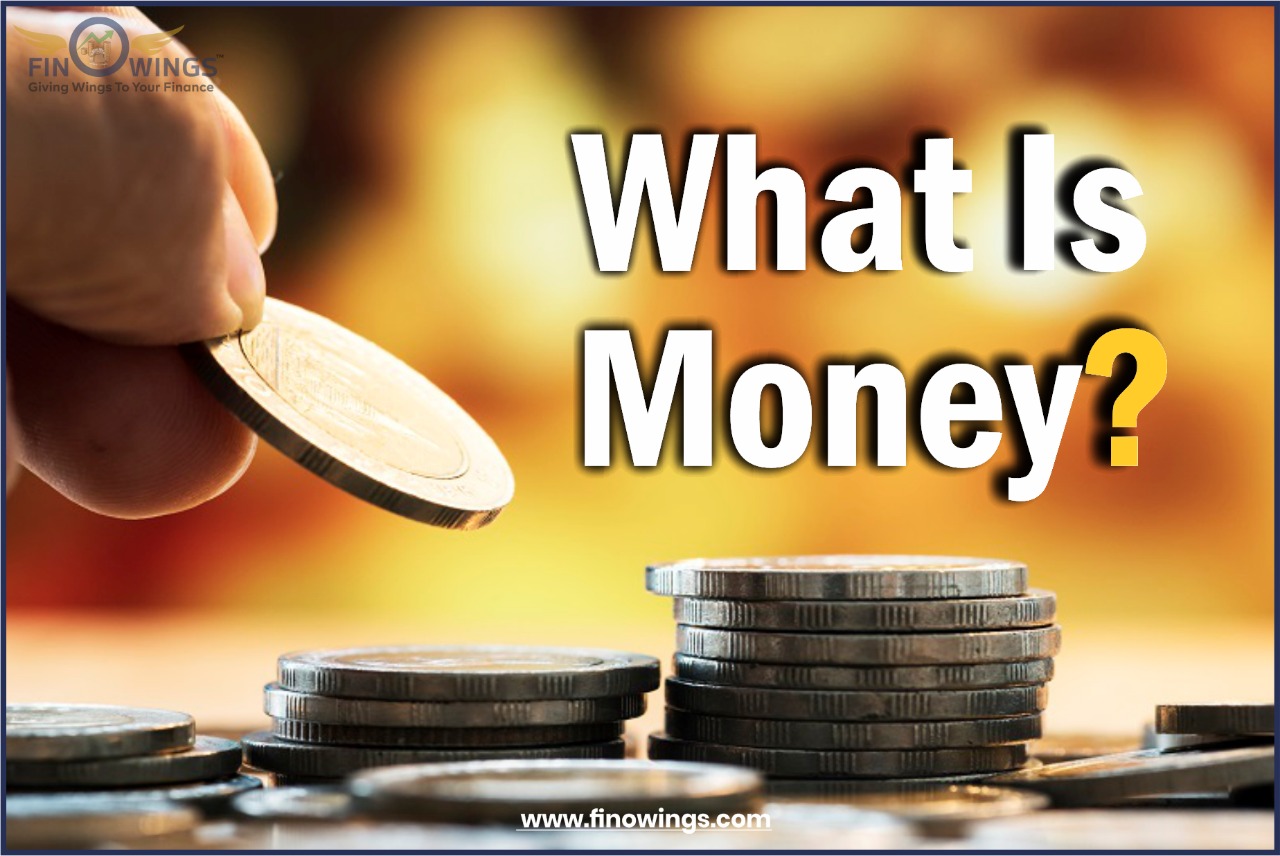
Table of Contents
What is Money?
What is money if cigarettes and mackerel may be used as currency? Whatever is used as a medium of exchange is considered to be money. Anything extensively used as a form of exchange is referred to as a medium of exchange. For instance, Kent cigarettes were used as a form of currency in Romania during the Communist Party's reign in the 1980s because they could be traded for other products and services.
Individuals and their actions are eventually what define money. Anything becomes money when it is used as a medium of exchange. For example, tennis balls would be money if individuals started using them to pay for most products and services. We will learn from this section that changes in how people use money have produced new types of money and altered how it is measured in recent years.
1. The Purposes of Money
-
Exchangeable medium. Money is the universally recognized form of the trade employed in all interactions. For example, paying for things, paying taxes, etc.
-
A measure of Value. Money represents the worth of all products and services. It is a common denomination as a result.
-
Deferred payment standards. The accepted benchmark for potential payments is money. As an illustration, consider paying your electricity bill by the deadline.
-
Store of Value. It indicates that money can be saved and used to move buying capacity from the present to the future. Ex: Purchasing new furnishings utilizing money from a savings account.
-
Distribution of social income. With the aid of money, revenue can be distributed with ease. Ex: How the whole amount of money a school has generated is distributed among salaries, wages, utility payments, etc.
-
Basis of Credit Creation. The "store of value" property of money aid banks in extending credit. For instance, employing demand deposit money to create credit.
-
Liquidity. The most liquid asset in the economy is money. Ex: Cash, debit cards, and credit cards.
2. A Medium of Exchange
One of the greatest common actions in human existence is the exchange of commodities and services in marketplaces. Individuals choose anything to act as a medium of exchange—they choose anything to be money—to make these trades.
By examining its absence, we can comprehend the relevance of a medium of exchange. Whenever products are immediately swapped for other products, bartering takes place. In a bartering system, no single thing can be used as a medium of exchange; therefore, buyers should discover goods that different sellers would take. A buyer may find a seller who will exchange a footwear item for two chickens. A different vendor might agree to give you a haircut in exchange for a garden hose. Imagine you were in a barter system and went to the grocery shop. The supermarket might accept a truckload of stuff in return for groceries; therefore, you'd have to fill it up. That would be risky because you couldn't know what things the grocer might be willing to swap ahead of time. In a bartering system, going to the grocery shop would be so difficult and expensive that there most likely wouldn't be any! Just as inmates in federal prisons embraced mackerel, a brief reflection on the challenges of living in a bartering system will show why human civilizations ultimately choose something even more than one thing—to serve as an exchange medium.
3. A Store of Value
As a store of Value—a thing that retains worth over time—money serves a third purpose. Think about the $20 note you unintentionally left in your coat pocket last year. You will be glad you did whenever you locate it. You understand the bill still has worth, which is why you said that. Essentially, the worth has been "stored" on that tiny sheet of paper.
Other things can store Value besides money. For example, you can store wealth and Value in things like homes, offices, land, pieces of art, and numerous other things. However, money is distinct from these other stores of Value because it is easily convertible into other goods. In addition, it serves as a useful store of Value since it is a means of exchange.
Money could be employed as a benchmark for potential payments since it serves as a store of Value. For instance, you normally sign an agreement committing to a series of subsequent payments to pay off the obligation whenever you borrow money. The money would be used to make these payments because it serves as a store of Value.
4. Money Types:
The various forms of currency are as follows:
-
Market-based currency. Market-determined money is any commodity that may be indirectly exchanged for various products and services among multiple parties. The population of the economy largely recognizes it.
-
Legal Tender and Fiat Money. It's a legal tender but not having real Value. It is a currency the government provides but is not supported by any physical goods. Examples: INR, USD, GBP, etc. Money that is provided by the government legitimately is referred to as "legal tender." Consider coins and banknotes.
-
Cryptocurrencies. Cryptocurrencies are a virtual medium of exchange. Crypto is a blockchain-based peer-to-peer system. It may be exchanged internationally and is, in essence, an intangible kind of money.
5. How Is Money Measured?
What forms does money have, and what percentage of it is available? Analysts and entrepreneurs use this query to evaluate whether there is inflation or deflation. To make money easier to distinguish and measure, it is divided into 3 groups:
M1 - All actual coin and currency values, demand deposits, checking and NOW accounts, and travellers' checks, fall under this type of money. This type of money is the smallest of the 3 and consists primarily of funds needed for transactions and purchases (look below at the "active money" area.).
M2 - This group includes non-institutional investment funds, time-related deposits, savings account deposits, and all of the money contained in M1 with broader parameters. This group of assets reflects money that is easily convertible into cash.
M3 - The biggest money category, M3 includes:
-
Each of the M2 definition's money and all institutional money market funds
-
Short-term buyback contracts
-
Significant time deposits
-
Other more substantial liquid assets
By combining these three groups, we may determine a nation's money supplies or the overall sum of money in a market.
6. Active Money
The overall worth of coins and paper currency in circulation is referred to as "active money" and is included in the M1 group. Depending on the season, monthly, weekly, and everyday fluctuations affect the quantity of money in circulation. For example, the U.S. Treasury Department receives fresh currency from Federal Reserve Banks around the country. Once the money is actively disseminated, banks lend it to consumers, which becomes "active money."
The variable need for cash results in a total amount of active money continually changing. For instance, since most ATM withdrawals and paycheck cashing occur over the weekend, there is greater active cash on a Monday than on a Friday. After the December holiday period, there is a fall in the public's desire for cash.
Conclusion
Since the time of shells and skins, money has undergone significant alteration, yet its primary purpose has remained constant. Money gives us a way to exchange goods and services, and facilitating quick payment processing promotes economic progress.
Author
Frequently Asked Questions
The Reserve Bank of Australia produces Australia's banknotes, while the Royal Australian Mint produces its coins. Inside this Explanation, we concentrate on banknotes because they represent most of the worth of physical money. Furthermore, commercial banks buy banknotes from the Reserve Bank in accordance with existing contracts as needed to satisfy client needs. Therefore, an increase in the Value of banknotes in circulation indicates an increase in the general public's desire for money.
Deposits could also be produced when banking institutions make loans from the viewpoint of money "generation."
Although making loans is essential to forming money, this does not imply that banking institutions are unrestricted in their ability to issue loans and generate money. Deposit-taking organizations should adhere to particular legal criteria and be confident that debtors can repay their obligations.
The Reserve Bank may also make deposits, for example, by buying government bonds (Check How the Reserve Bank Implements Monetary Policy for further details.). Households and companies eventually deposit the proceeds from the sale into the financial institution whenever the Reserve Bank buys government bonds from the non-bank private sector, increasing the overall number of deposits.
The term "money" in mathematics refers to a form of payment, including bills, coins, and demand deposits, used to purchase goods and services. Money is used to pay for the worth or cost of a product or service.
These basic requirements can be satisfied by purchasing meals, housing, and medicine, thanks to money. Nevertheless, we must comply with these requirements; else, our well-being and the welfare of society suffer tremendously.

